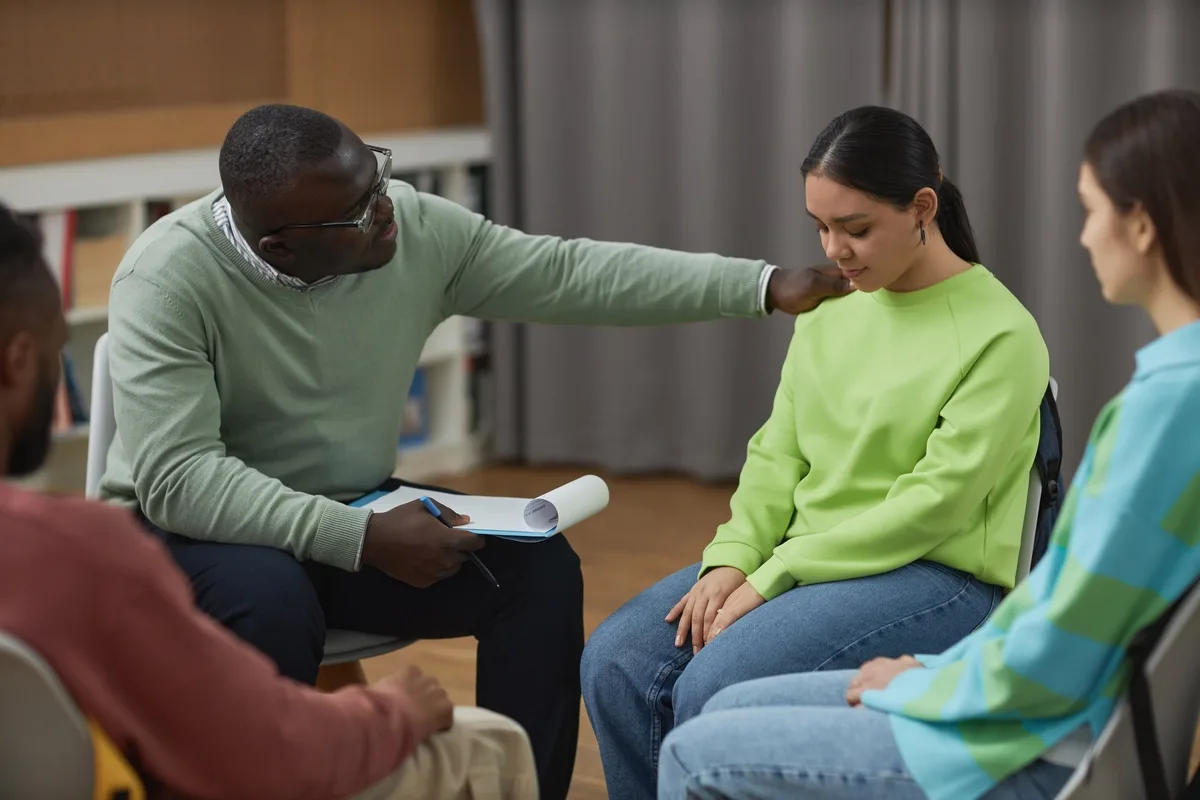24/7 Helpline:
(866) 899-221924/7 Helpline:
(866) 899-2219
Other Insurance Options

Cigna

Regence

Access to Recovery (ATR) Voucher

WellPoint

Horizon Healthcare Service

Ambetter

Evernorth

Sutter

Self-pay options

Coventry Health Care

WellCare Health Plans

BlueCross

MHNNet Behavioral Health

Oxford

Private insurance

ComPsych

EmblemHealth

Choice Care Network

Magellan Health

UMR

The Gilead House
The Gilead House is a Non-Profit rehab center located in Indianapolis, IN. The Gilead House speciali...

Four County Counseling Center
4C Health Solutions is a dual diagnosis behavioral health treatment center located in Kokomo, IN. Wi...

First City Recovery Center
Freedom is within reach at First City Recovery Center. Based out of Kokomo, Indiana, FCRC offers a f...

Community Howard Behavioral Health Services
Community Howard Behavioral Health Services offers the complete realm of behavioral care to treat th...






























AA – Alcoholics Anonymous
AA – Alcoholics Anonymous is a private rehab located in Kokomo, Indiana. AA – Alcoholics Anonymous s...















